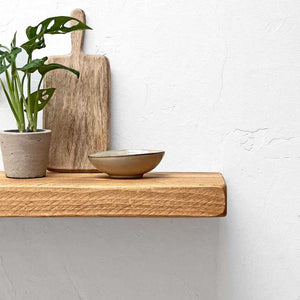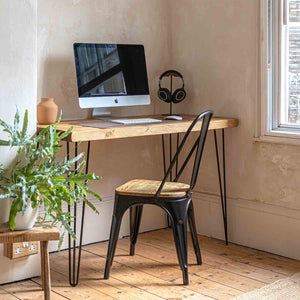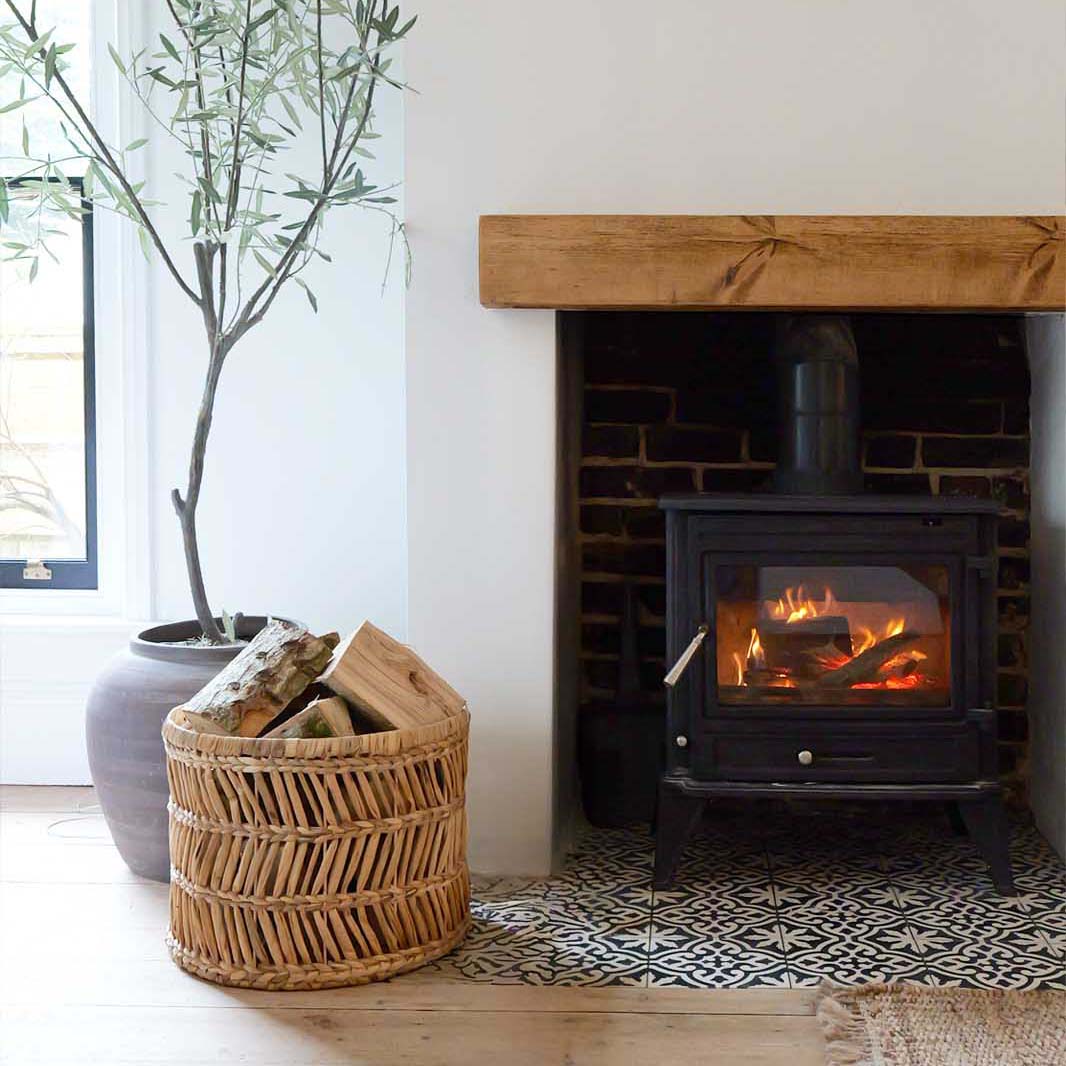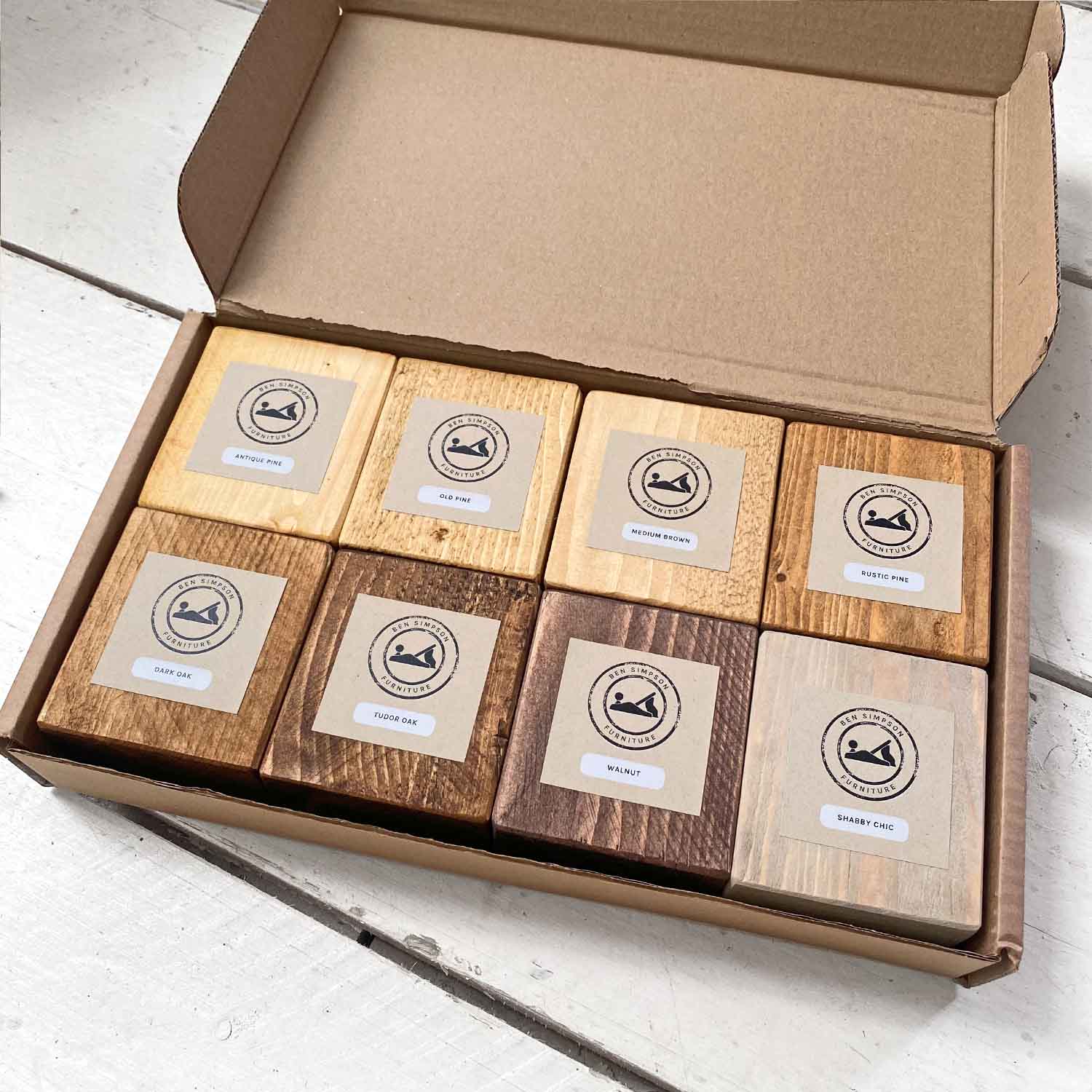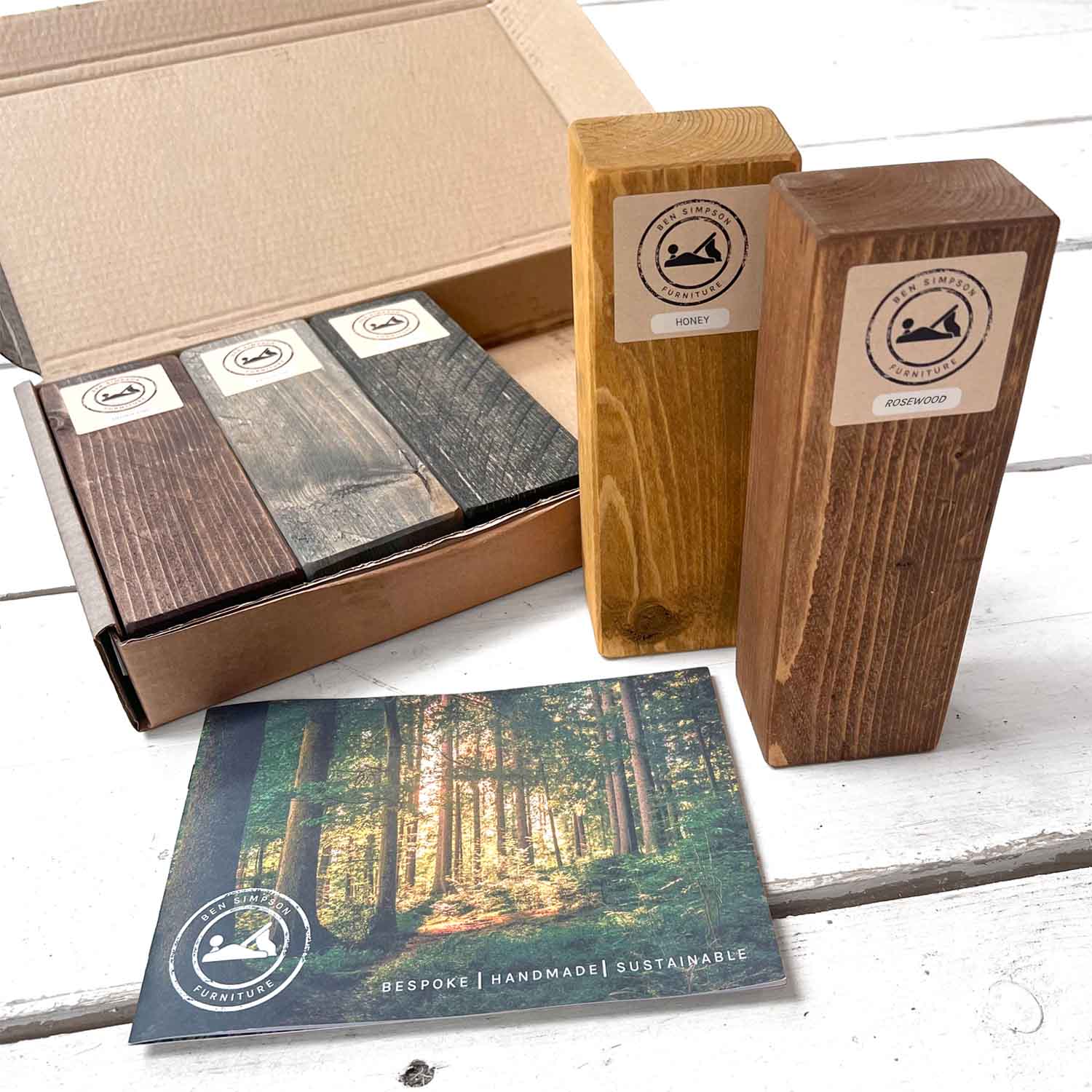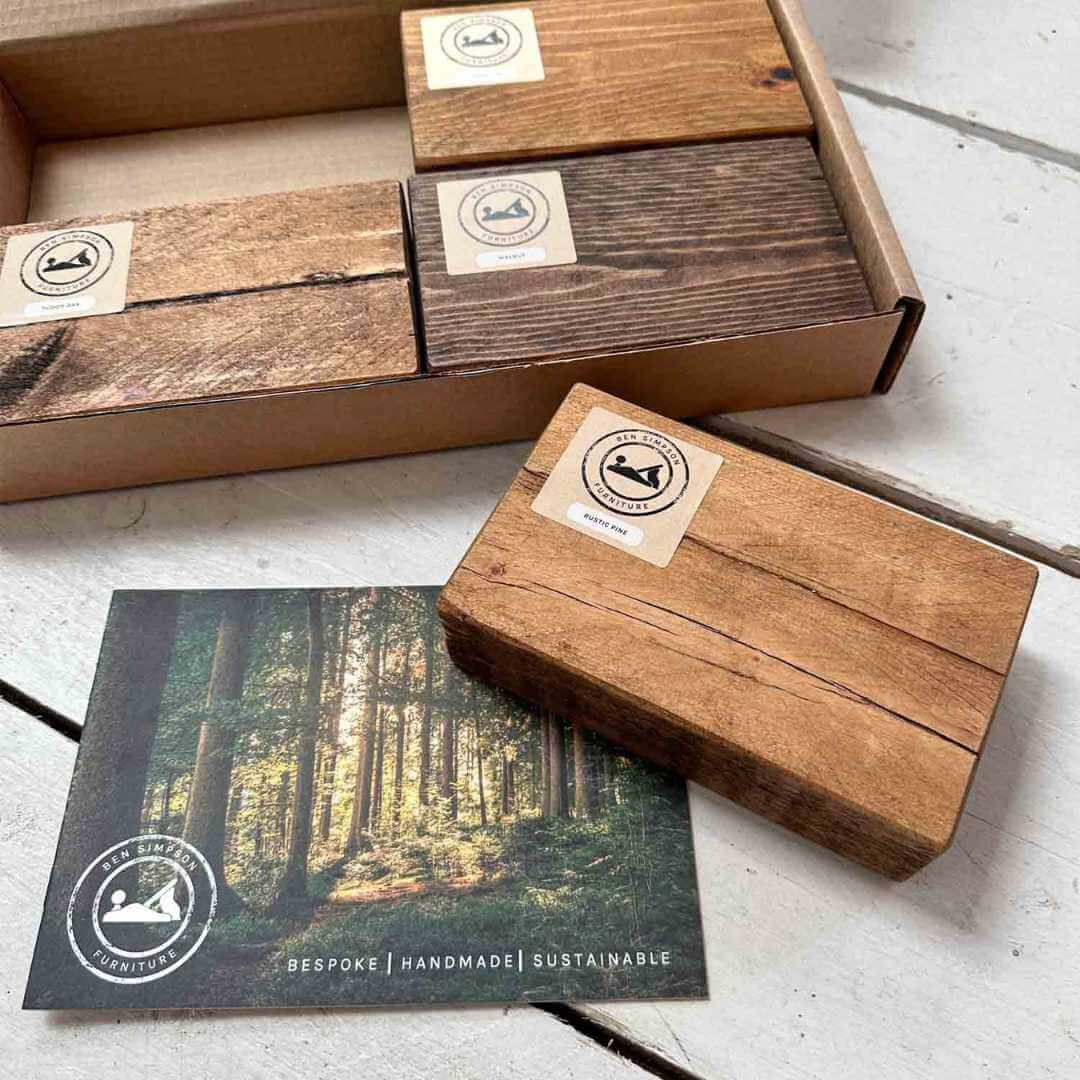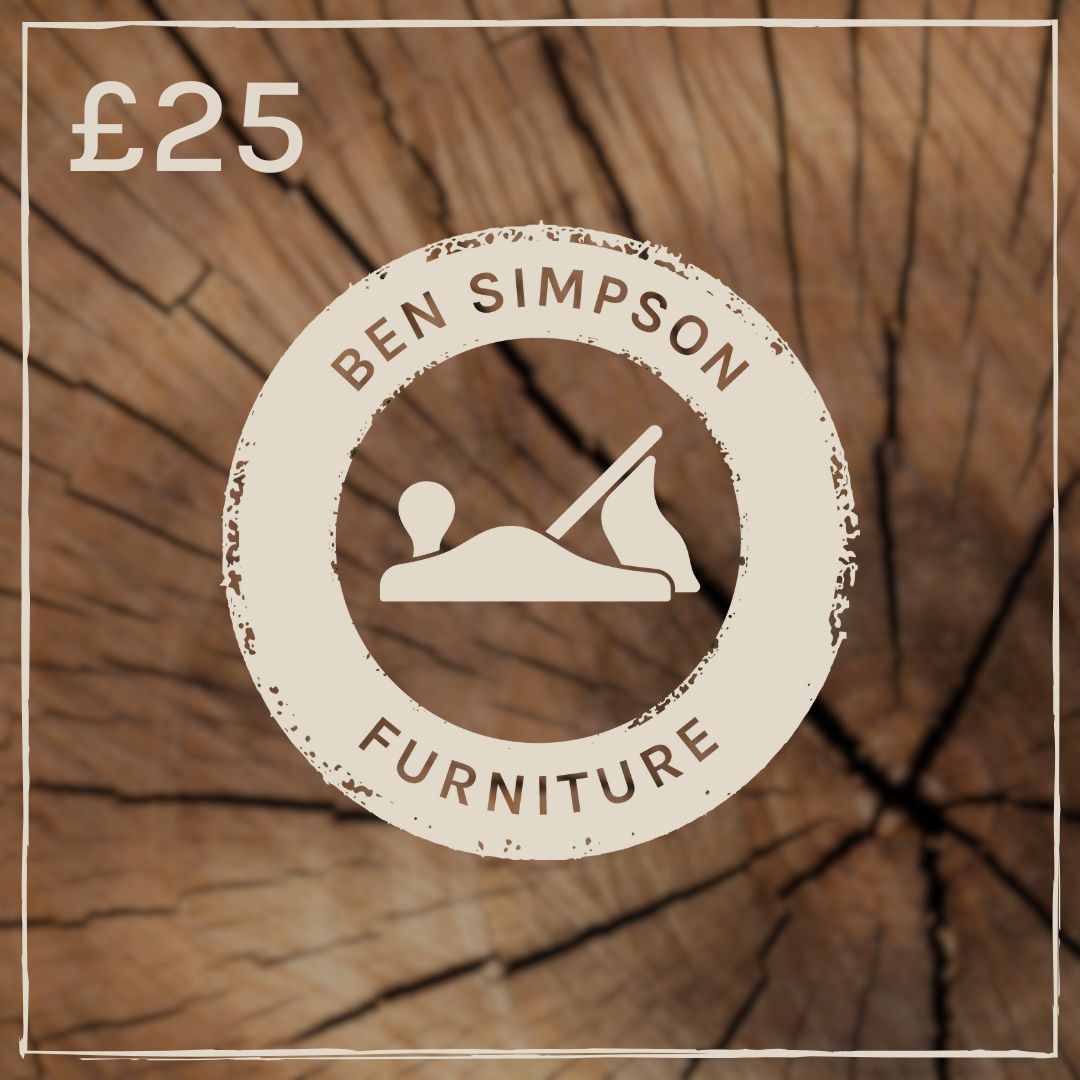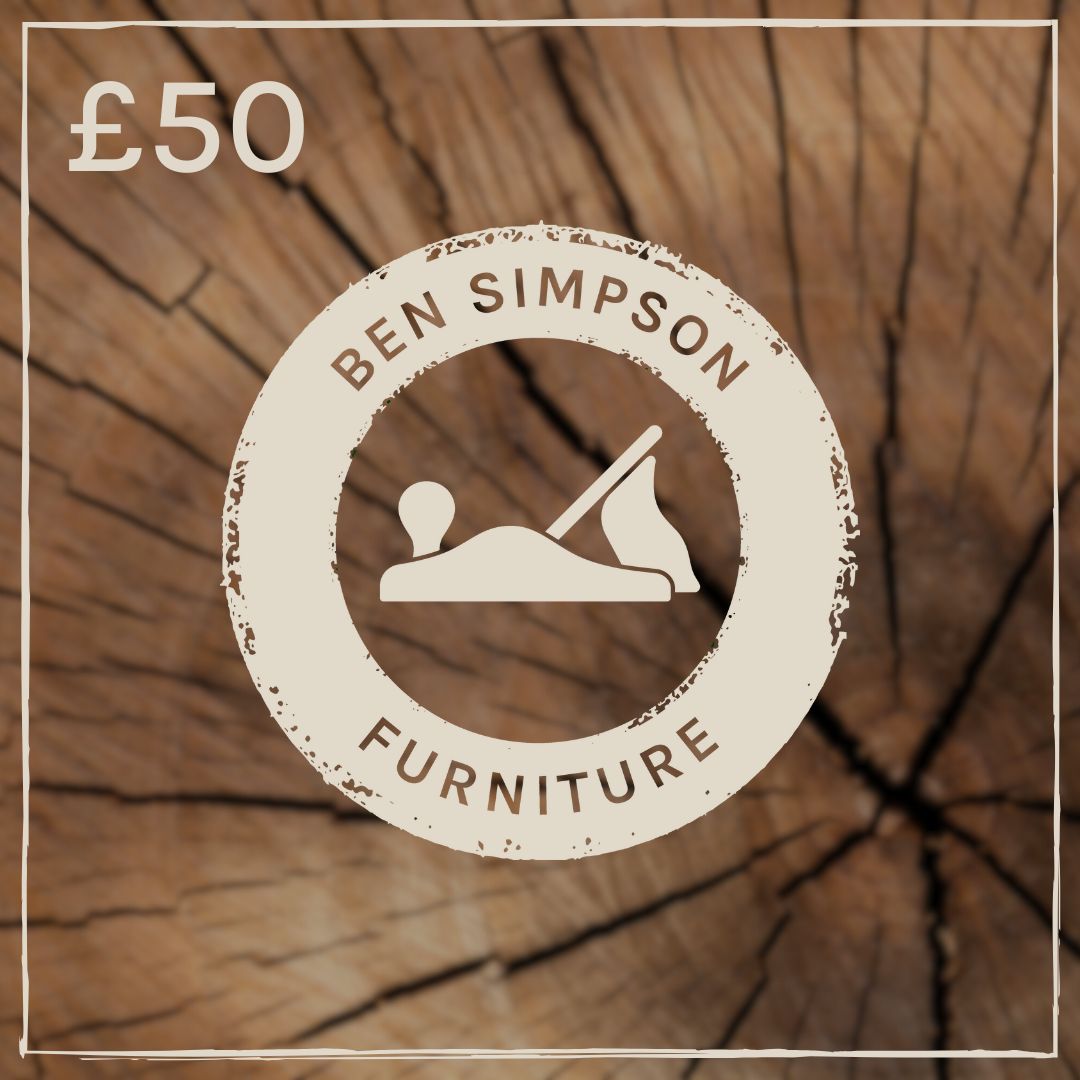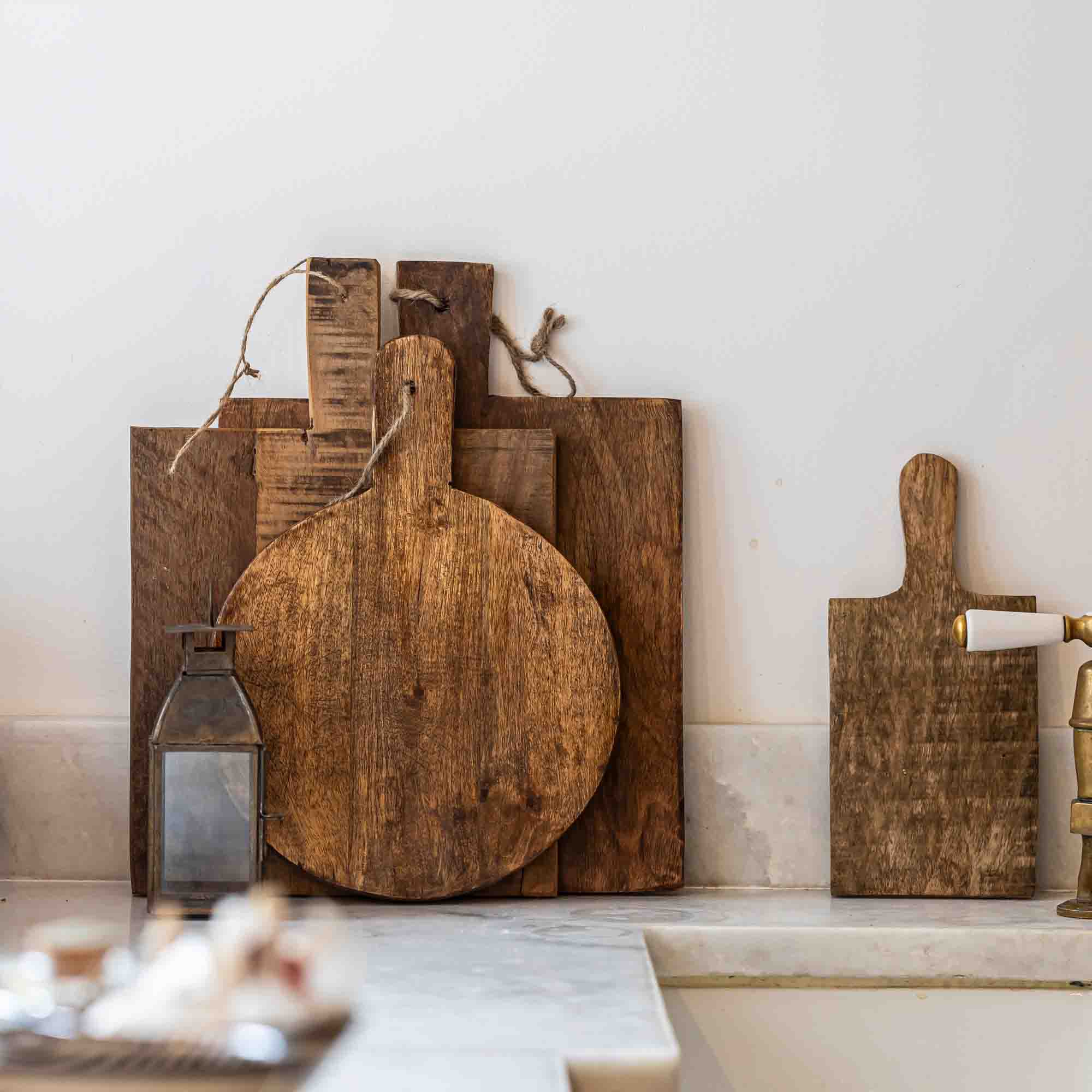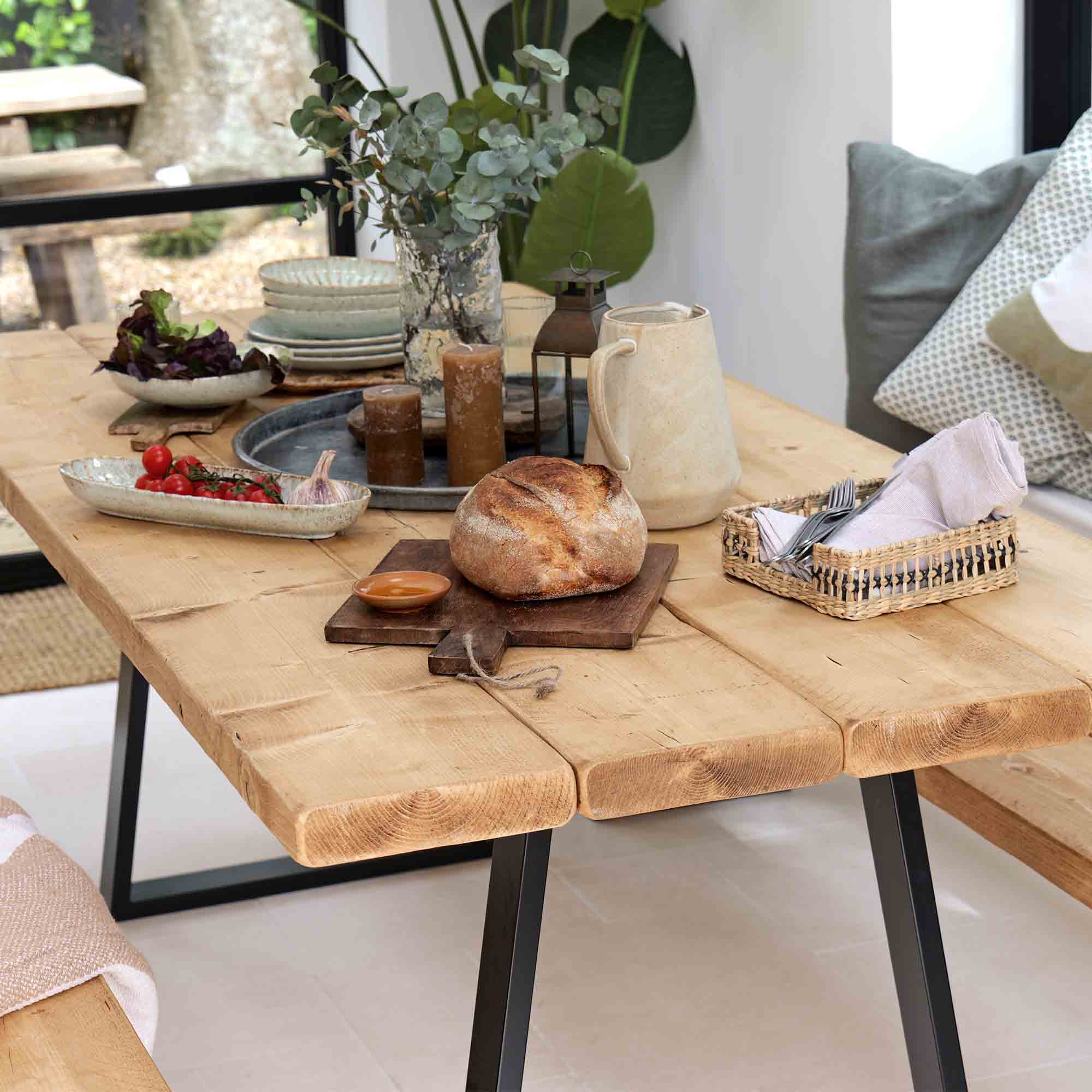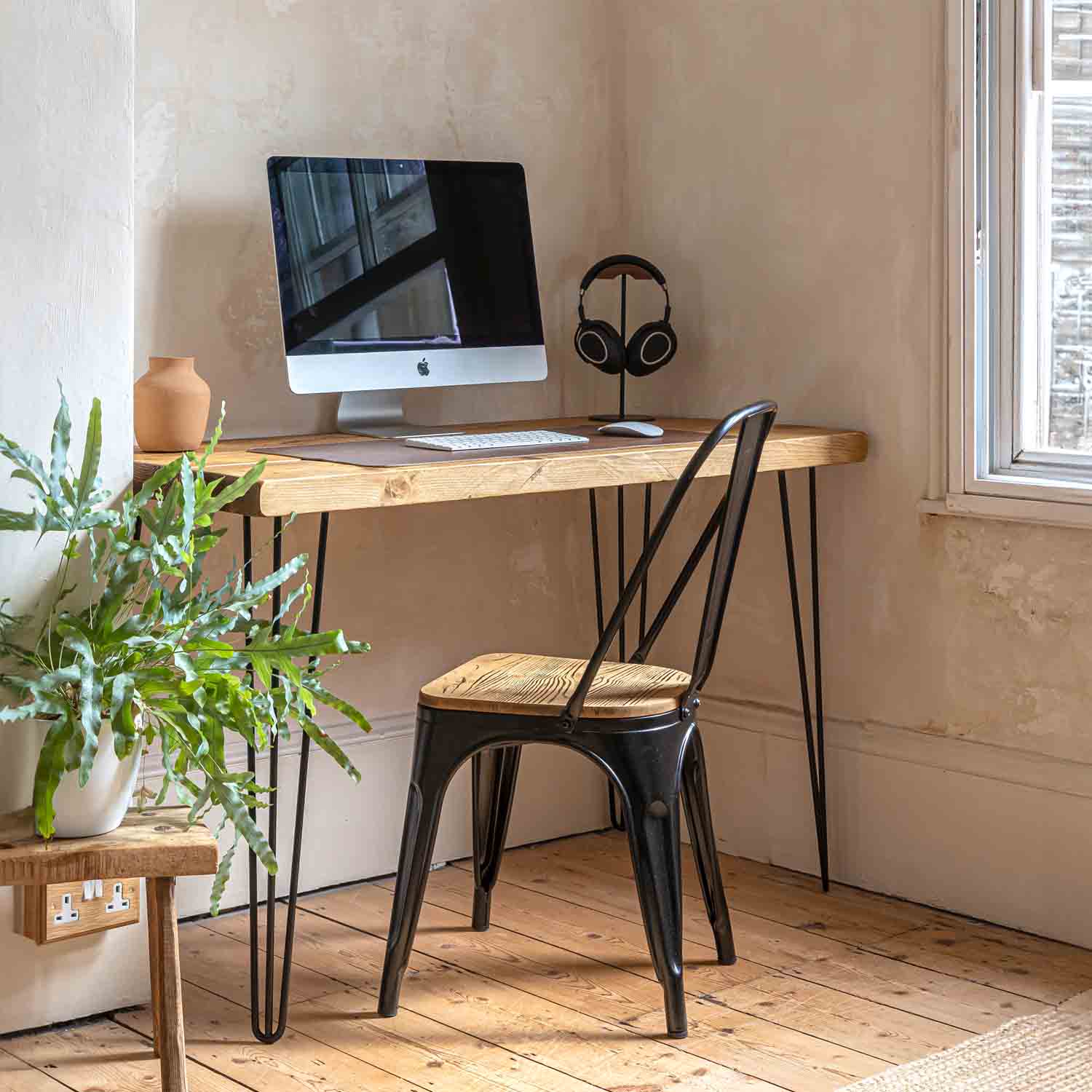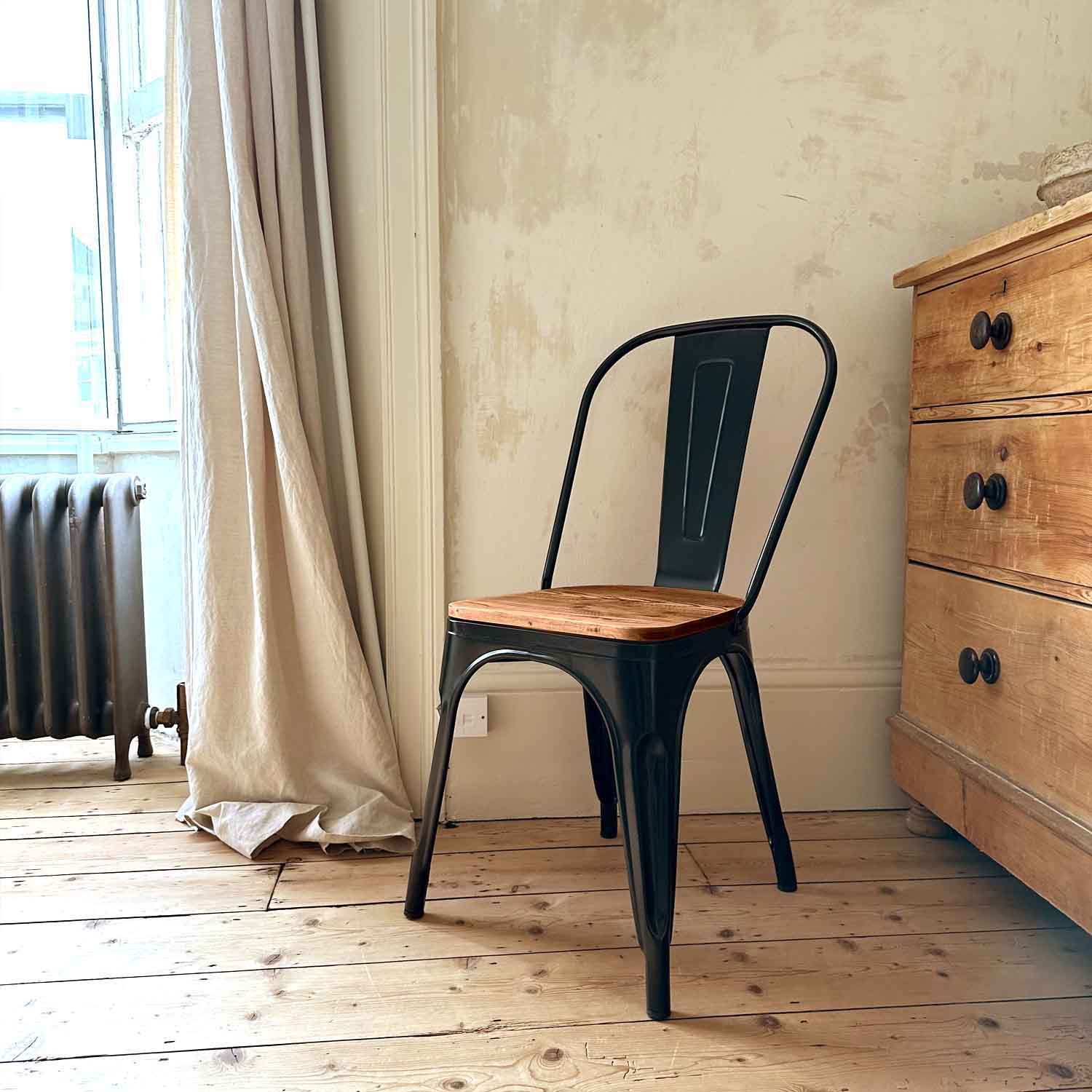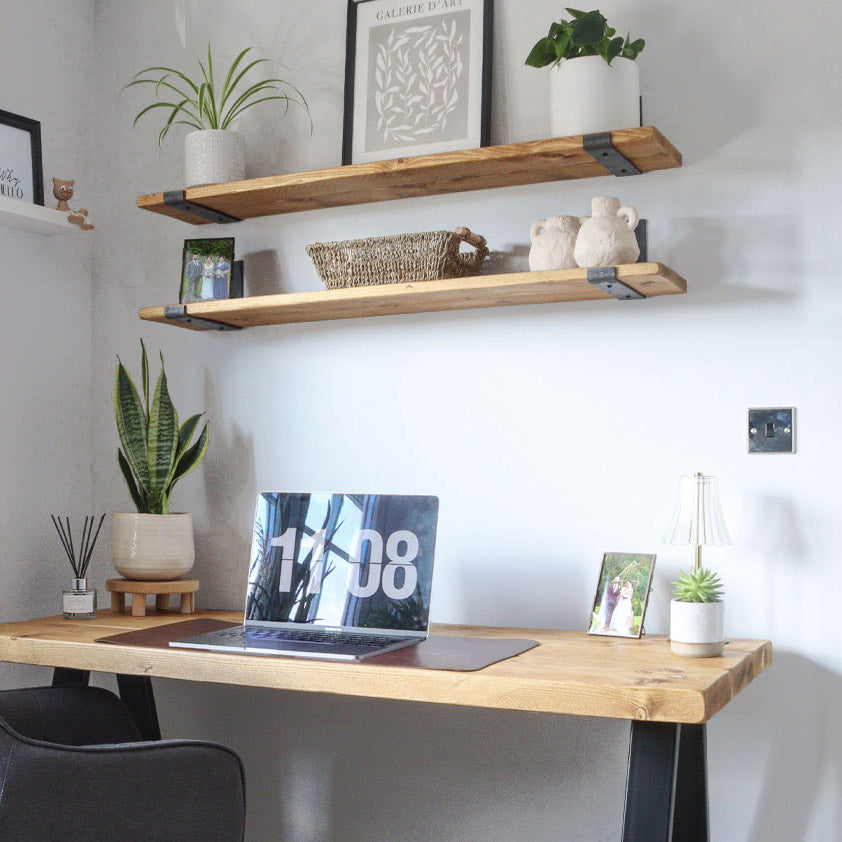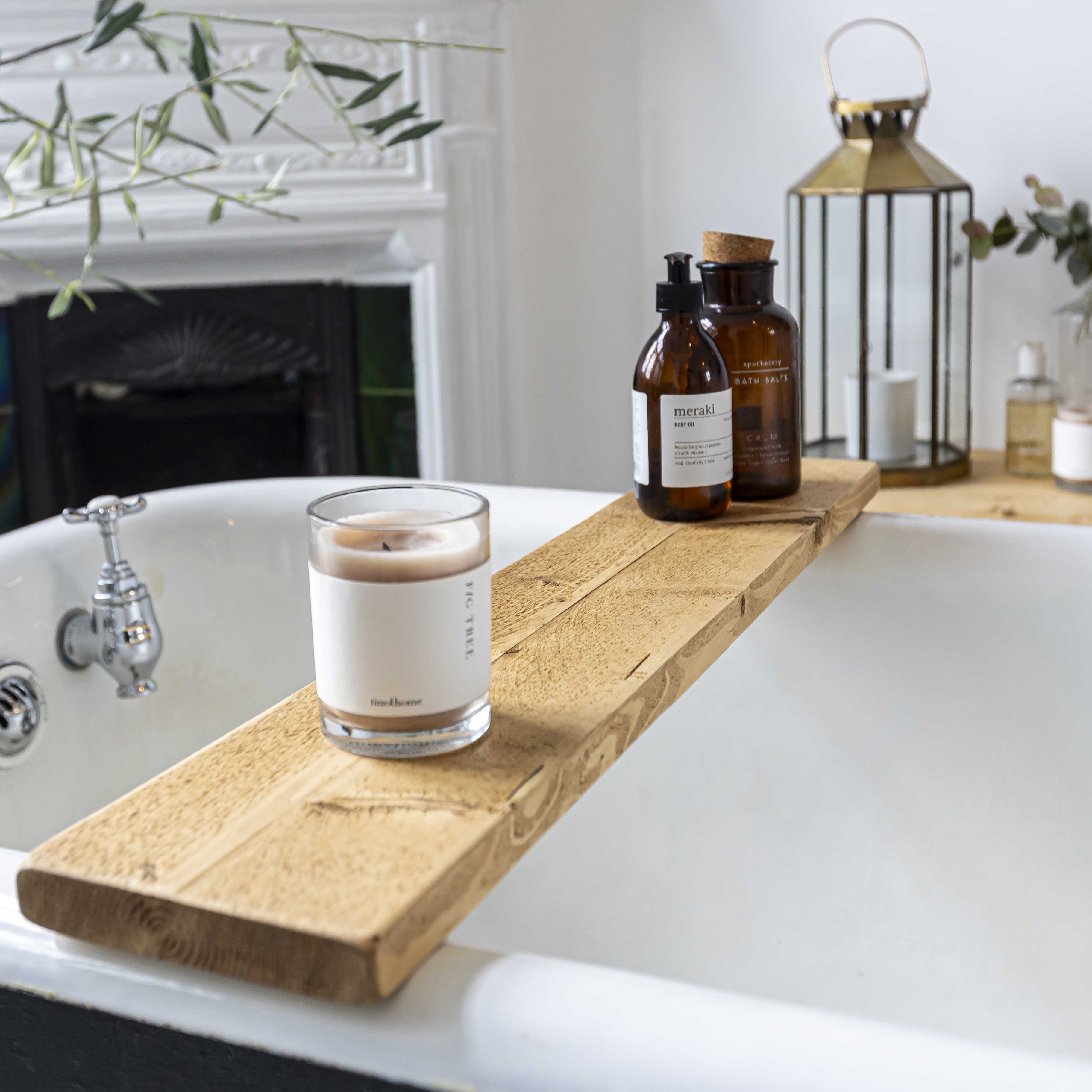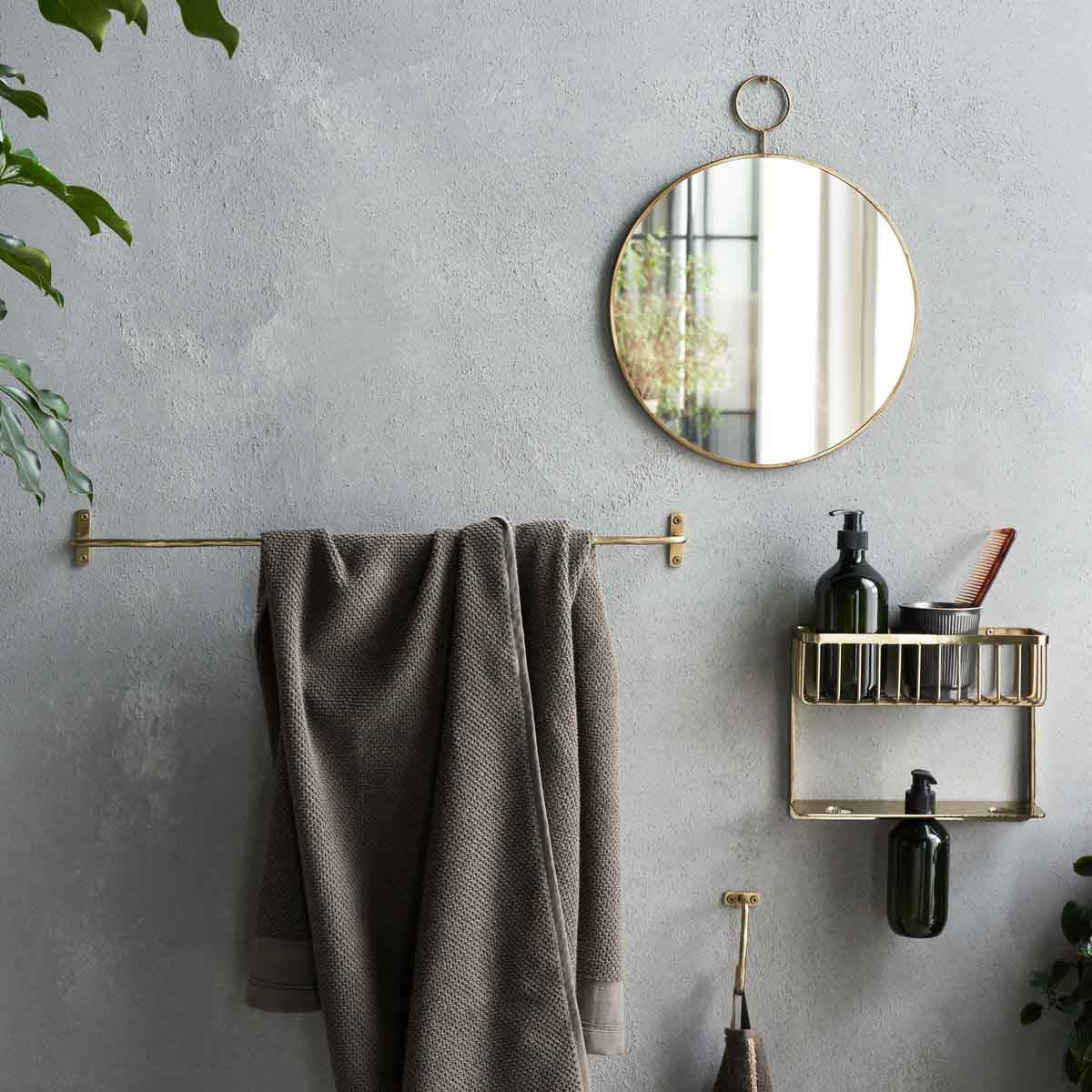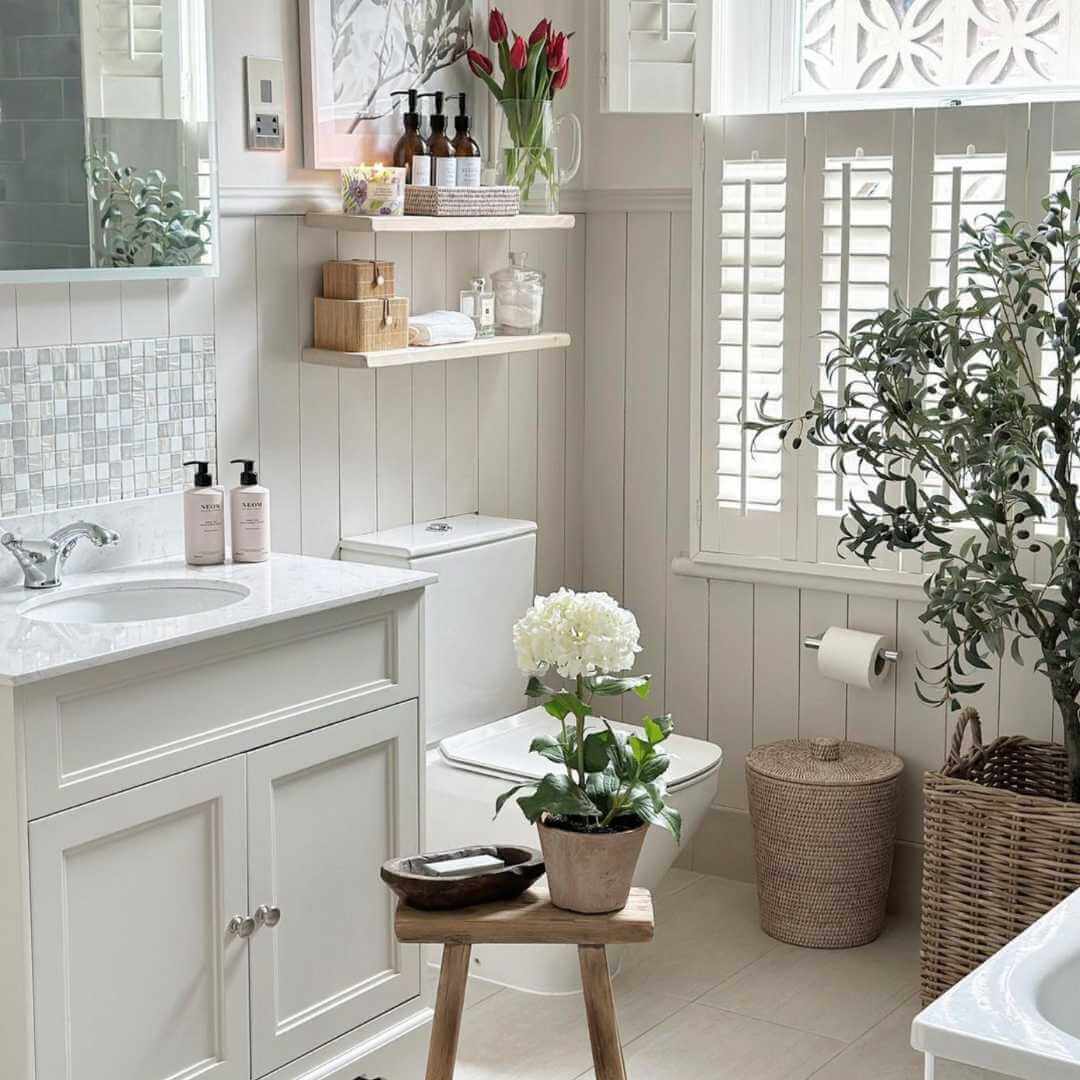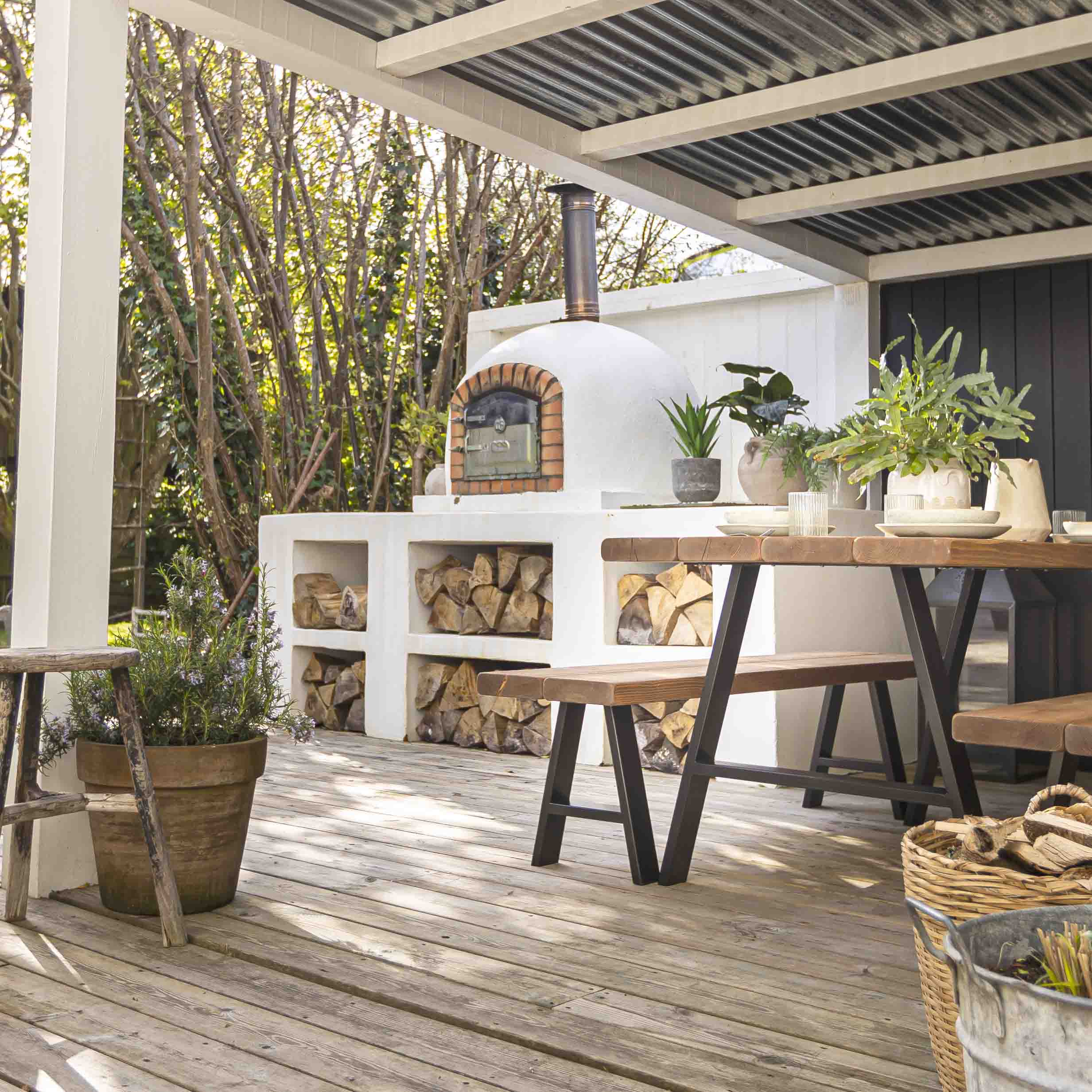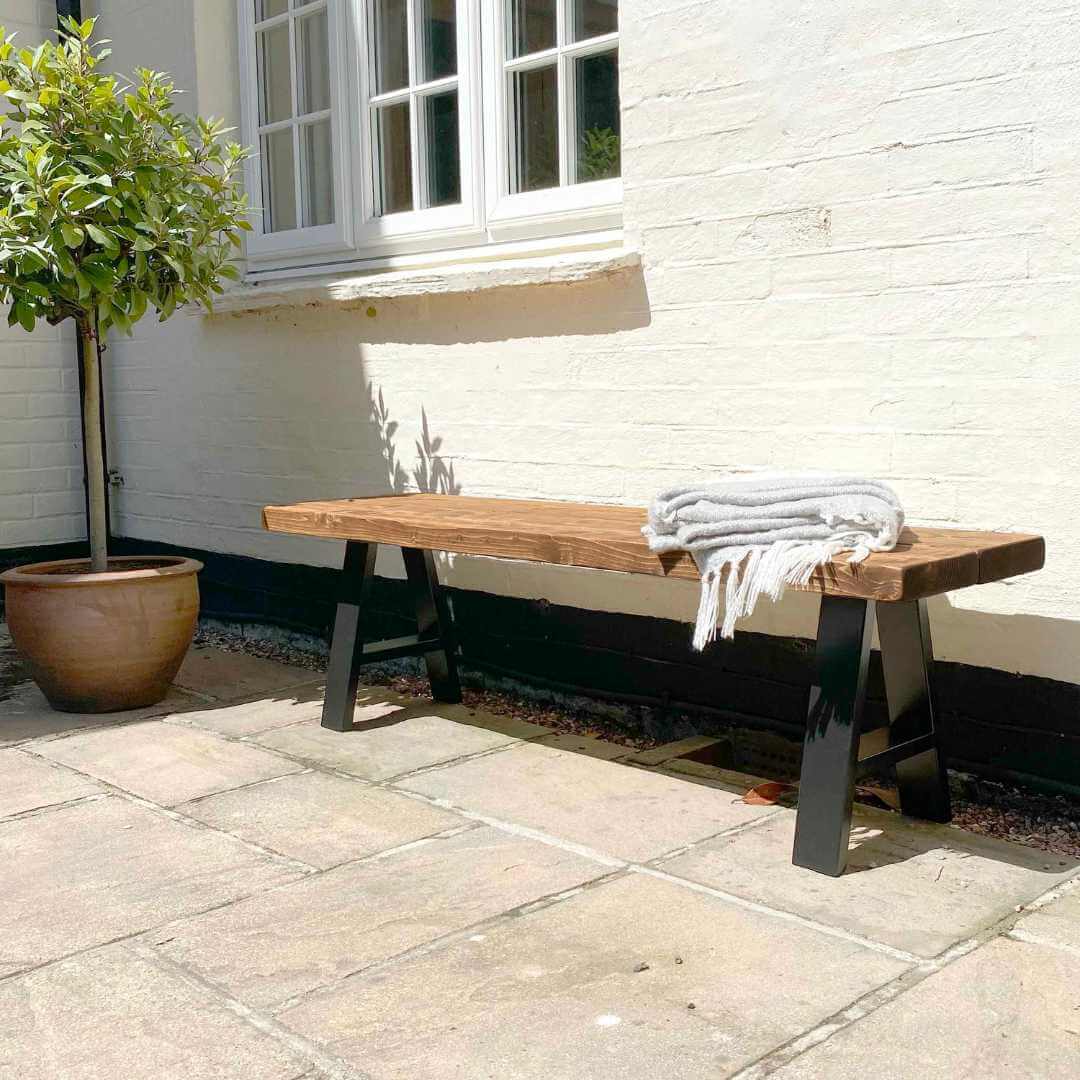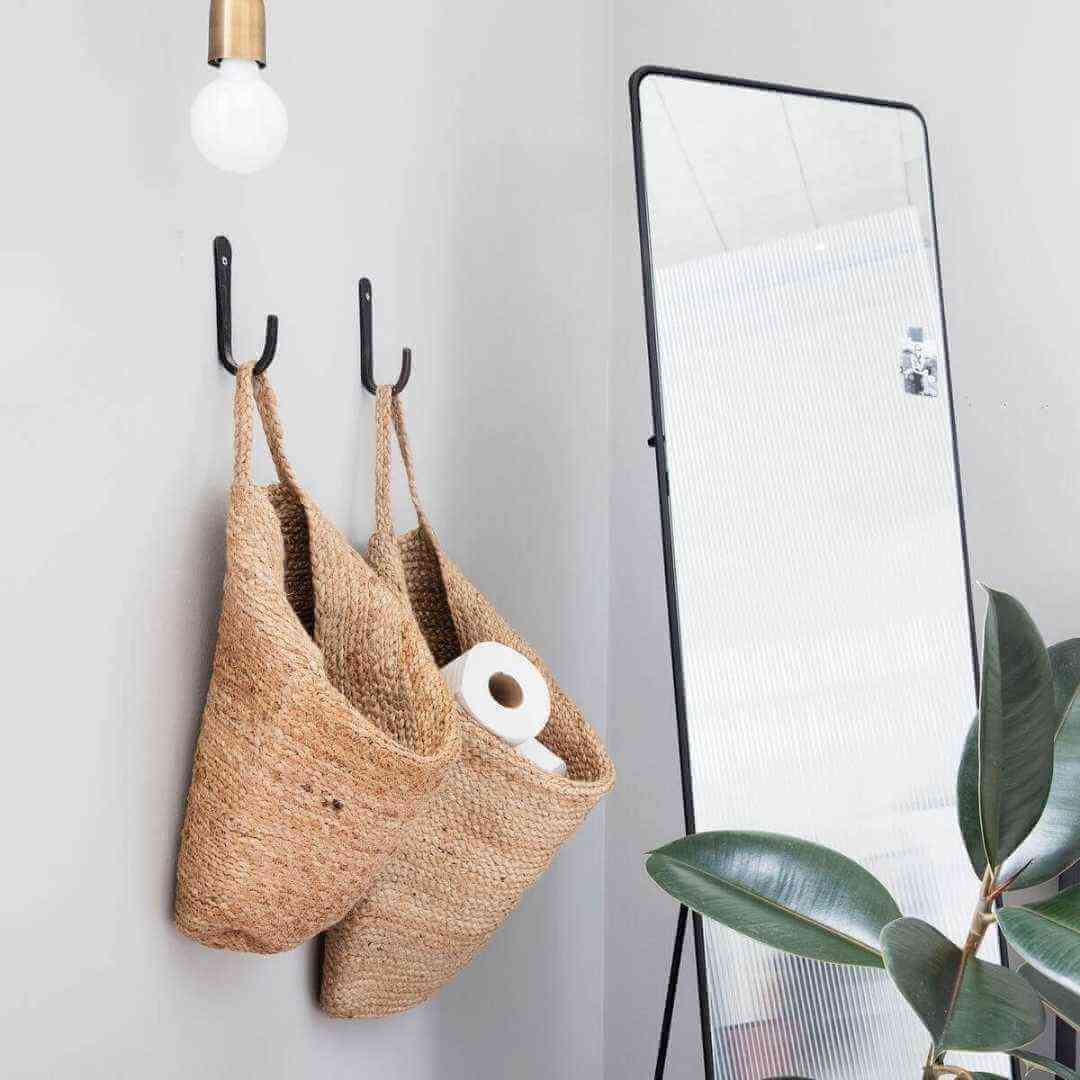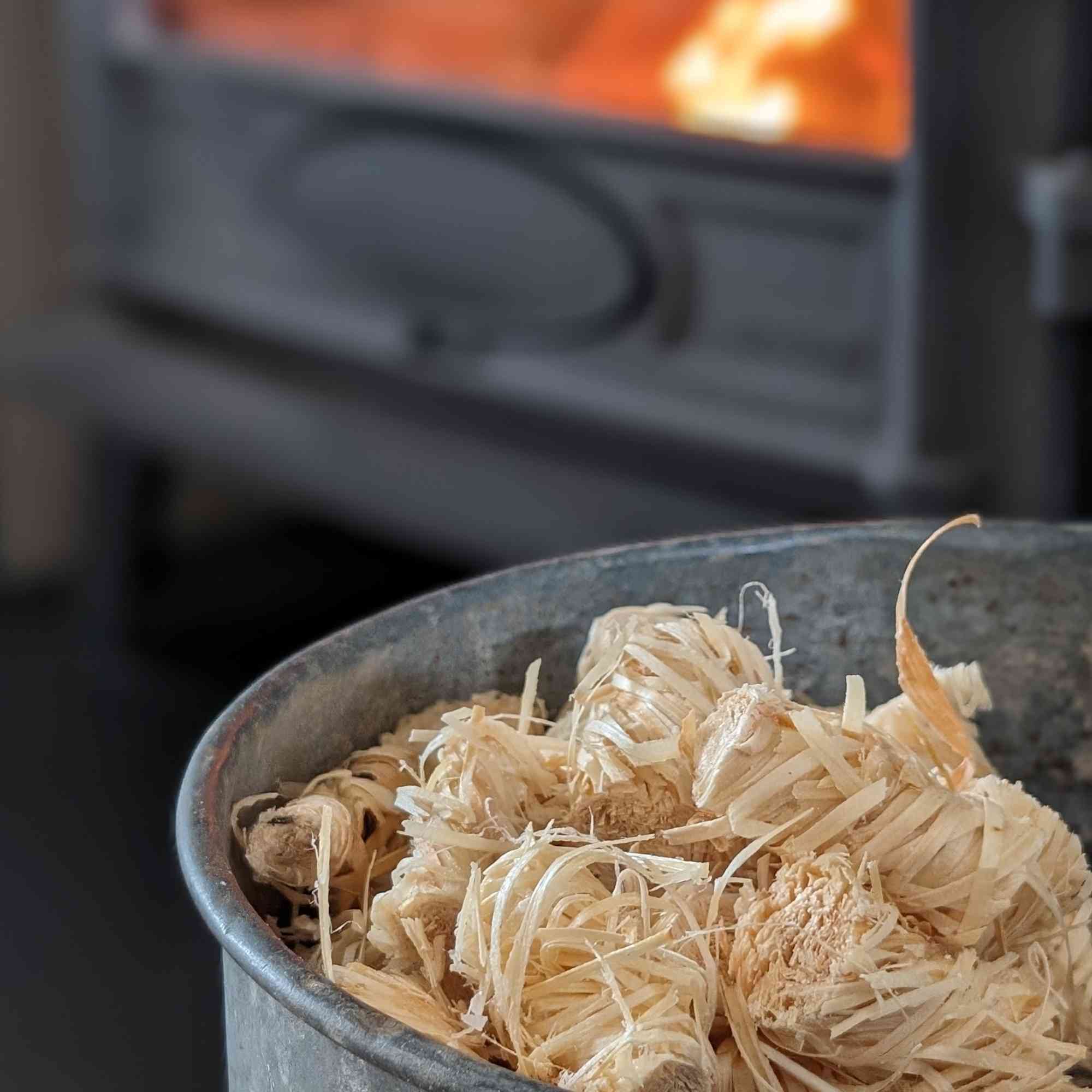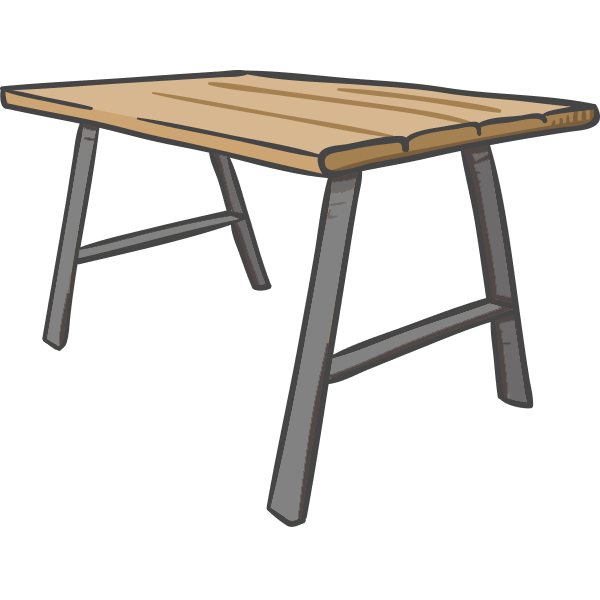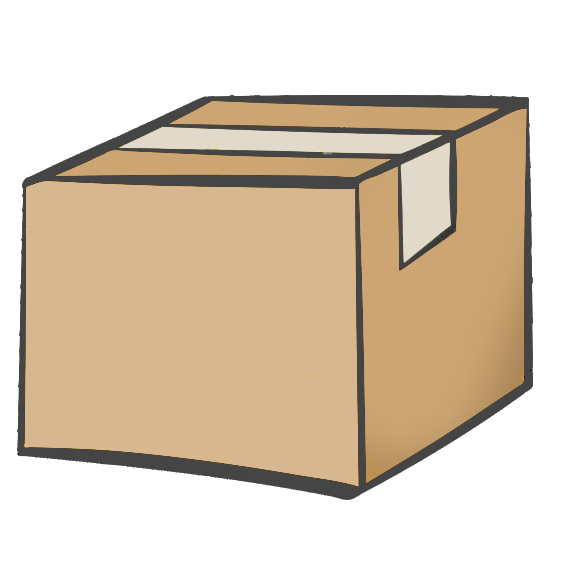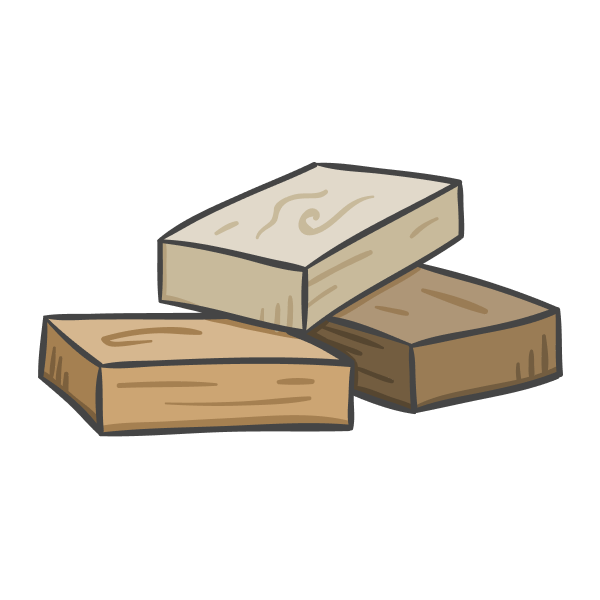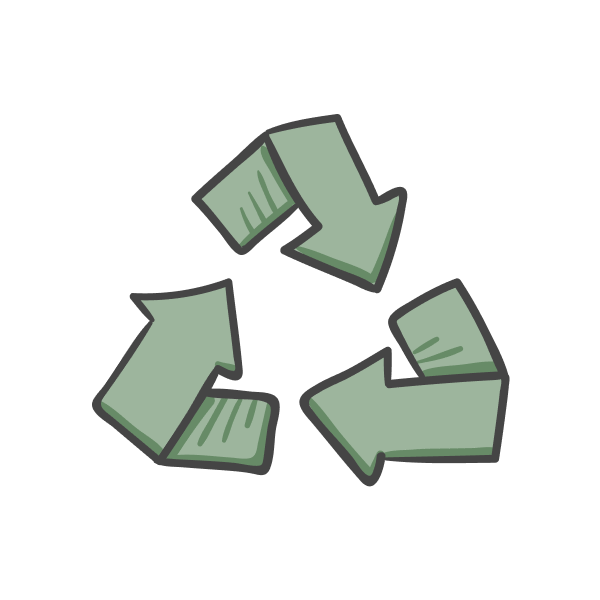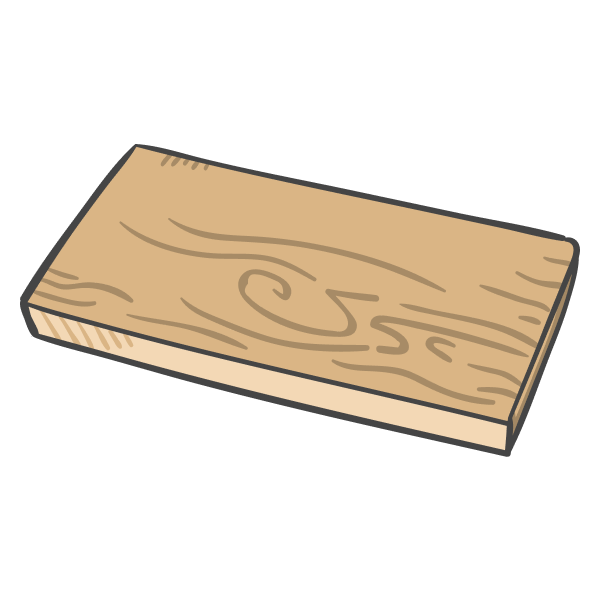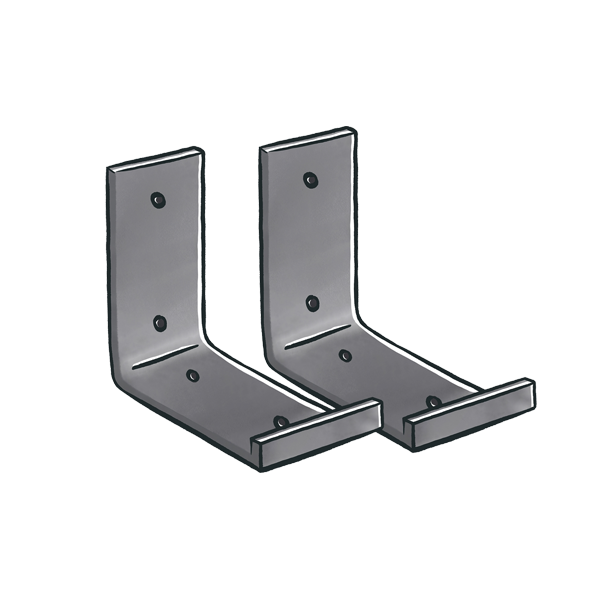Get Your Home Sparkling: How to Spring Clean like a Pro!
15 Minute Read
As the weather gets better and brighter, and the days get longer, we all start to notice those areas of our homes that just need a big clean, so our homes feel refreshed and ready for the warmer months of the year. But if it has been a while (no judgements here!) then giving our home a full spring clean can feel overwhelming, and it can be hard to know where to start. One room at a time is most definitely the way to proceed – and of course, doing everything in a day isn’t always realistic, so make a plan, divide your tasks up, and get going.


How to Spring Clean Your Kitchen
Even if you keep your kitchen spotless every day, grime builds up over time. For the most part, keeping kitchens clean is as simple as cutting through grease – which regular washing up liquid can do, most of the time. For deeper cleans, reach for natural products like white vinegar, lemon juice, and baking soda. When you’ve done a good clean of the cupboards, walls, and floors, with multipurpose cleansers, there are a few specific cleans you’re going to want to take care of.
Cleaning Your Kettle
If you live in a hard water area, you’ll know why this is an essential – limescale in your tea ruins it. We love this no-fuss, chemical free way to clean the inside of your kettle, that can be done overnight and that leaves the inside of your kettle as shiny as the day you bought it.
- Empty the kettle, rinsing any loose bits of limescale away
- Fill the kettle to the minimum line with white vinegar
- Top up to the maximum line with water
- Set the kettle to boil, then head to bed (closing the kitchen door is advisable!)
- Leave the kettle overnight for the vinegar to continue to work
- Before you make your morning cuppa, empty and refill with water
- Boil the kettle, then empty it
After this, your kettle should be clear. The best thing about this method is that unlike chemical products, if someone does accidentally drink the kettle water with vinegar in it, they will notice quickly, and it isn’t corrosive enough to cause damage to the human body.
Cleaning Your Microwave
Cleaning the inside of your microwave is one of those jobs that sometimes gets neglected until it becomes a major task – but this method makes it easy!
- Fill a microwave-safe bowl or jug with around 250ml of water
- Add a chopped lemon, lime, or orange to the water – or a few tablespoons of white vinegar
- Put the bowl in the microwave, and heat it on high until the water boils and the microwave is full of steam
- Stop the clock, then wait five minutes
- Carefully take the water out and discard
- Wipe the inside with a sponge, using a little washing up liquid if necessary
The steam helps to loosen grimy stuck-on bits, making it much easier to wipe clean – and there’s no harsh chemicals to taint your food.
Cleaning Your Oven
Microwaves are a challenge to get clean, but ovens are definitely worse. Oven Pride is great, but there are natural ways to clean your oven too – and this is another overnight, while you sleep method!
Mix a 50/50 solution of white vinegar and lemon juice, and add a good squeeze of regular washing up liquid. Pour the solution into a spray bottle, and shake well – then (after you have protected the floor below with a cloth or newspaper) spray on the oven bottom and the open oven door. Then, apply kitchen towel or a thin cloth to allow the mixture to sit, and spray again, leaving overnight. The next morning, it should wipe clean.
Oven racks can be removed and placed on top of old towels in the bath, covered with baking soda, and then a good coating of white vinegar. When the foamy reaction finishes, fill the bath with enough hot water to cover the racks, and leave there overnight – they should come up clean really easily the next morning.
Cleaning Your Washing Machine
Nobody likes a mouldy, mildewy washing machine – and mould can cause serious damage to rubber seals that then need to be replaced, or start to leak. White vinegar and baking soda come in again here!
- Empty the washing machine
- Add two cups of baking soda to the drum, and run a long, hot cycle
- In the dispensing tray, put two cups of white vinegar (and up to 10 drops of essential oil, if you like) to the detergent slot, and run the long, hot cycle again
Cleaning the outside with a multipurpose spray, and washing the detergent tray in hot soapy water finishes the job.
Spring Cleaning Your Bathroom
You’re almost certainly keeping on top of cleaning your bathroom – there’s huge potential for germs to be spread otherwise. As with your kitchen, grime can build up, but again, white vinegar and baking soda are your friends.
- Sprinkle baking soda inside the toilet bowl, scrub with a toilet brush, then spray white vinegar on the baking soda. Let the reaction continue for a few minutes, then scrub again and flush
- Spray baths and shower trays with white vinegar, wipe, and rinse
- For heavier dirt, sprinkle baking soda around baths and shower trays, then spray with 50/50 water and white vinegar. Rub with a sponge or cloth so a paste forms, leave for about 15 minutes, then wipe and rinse
- Soak thin cloths or kitchen towel with neat white vinegar and let them sit on hard water stains for up to two hours (longer if necessary)
- Treat slow draining plugholes by emptying half a cup of baking soda in there, then add about 120ml of white vinegar. Cover with a wet cloth and leave for five minutes. Empty a whole kettle of boiling water down to clear the blockage. (Repeat the process a few times if the blockage is severe)
- Clean shower-heads with limescale build-up by filling a small container with lemon juice or white vinegar, add the shower head to the container, and leave to soak for a while. An hour should be fine, but may take longer.
Spring Cleaning Bedrooms
Getting bedrooms clean is essential for clearing dust mites, dead skin, and dust that can cause allergies. To clean the mattress, vacuum it, then sprinkle a layer of baking soda all over it and leave as long as possible. Vacuum the mattress, then flip it (some mattresses can’t be flipped, so check the type) and repeat the process.
Washing pillows and duvets should be done at least once a year – and while most can go straight in the washing machine, some memory foam pillows need to be done by hand, so check the label. Getting them dry is often the issue, but now we’re getting warmer, sunnier days, you can make the most of your washing line – or take them to a launderette or dry cleaning provider.
Wardrobes and drawers should be vacuumed, wiped out with a multipurpose cleaner, and left to air before putting clothes away. Shelves should be dusted with a damp cloth, and treated with the right wood finish to keep them looking perfect. Once your shelves are clean and dust free check our guide on how to decorate shelves.
Spring Cleaning Living Areas
Other areas of the home that aren’t used as heavily – or at least, where cooking and cleaning aren’t taking place – generally will need dusting with a damp cloth or multipurpose cleaner, and that will do. But there are a few items that need specialist attention.
Cleaning Carpets, Sofas, And Chairs
In addition to thorough dusting throughout, carpets, sofas and chairs are the big jobs to be done. Vacuuming and spot cleaning is important, but proper cleaning from time to time is essential to keep them looking their best. Luckily, harsh chemicals aren’t required anymore – and whether you hire a Rug Doctor from your local supermarket, or use a steam mop to clean, you won’t need to risk allergies being triggered, since most of them use water and non-toxic cleaning products.
If these methods don’t work for you, then baking soda in powder form can be shaken over carpets and sofas for a while (even overnight) before being vacuumed up to bring back freshness.
For really grubby areas, mix two parts water to one part vinegar, a teaspoon of salt and 10 drops of clear essential oil per 250ml water used. Pour into a spray bottle and shake well before spraying over the carpet, allowing it to dry and then vacuuming.
Cleaning Windows
Your local window cleaner is likely to visit your home pretty regularly, but the insides of your windows need cleaning too. Washing with hot soapy water is a good place to start, and can clean the windowsills as well. To get a streak-free finish, spray with a regular glass cleaner or white vinegar, and buff to a shine with a clean, dry cloth.
Final Thoughts On How to Spring Clean Like a Pro
Few of us truly love cleaning – even if we love it when it is completed! But with the right approach, careful planning, and some great natural cleaning products, you can avoid the wheeziness that harsh chemicals cause, and end up with a spic and span home in no time. When you’ve done your spring clean, you can get on with decorating your home, including decorating your shelves for spring. Tag us in your Instagram posts @bensimpsonfurniture.
Follow our Instagram
Tag @bensimpsonfurniture & join our community!
Related Posts...

How to Upgrade Your Pantry
Ben Simpson Furniture

DIY Projects For the Home Using Our Wood
Ben Simpson Furniture

Autumn Decorating Ideas Using Weathered Wood Accents
Ben Simpson Furniture

How to Design Your Ultimate Kitchen
Ben Simpson Furniture

How To Transform A Room Into A Home Office
Ben Simpson Furniture

